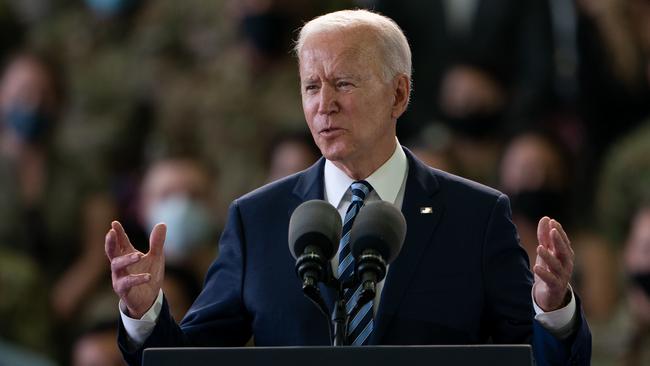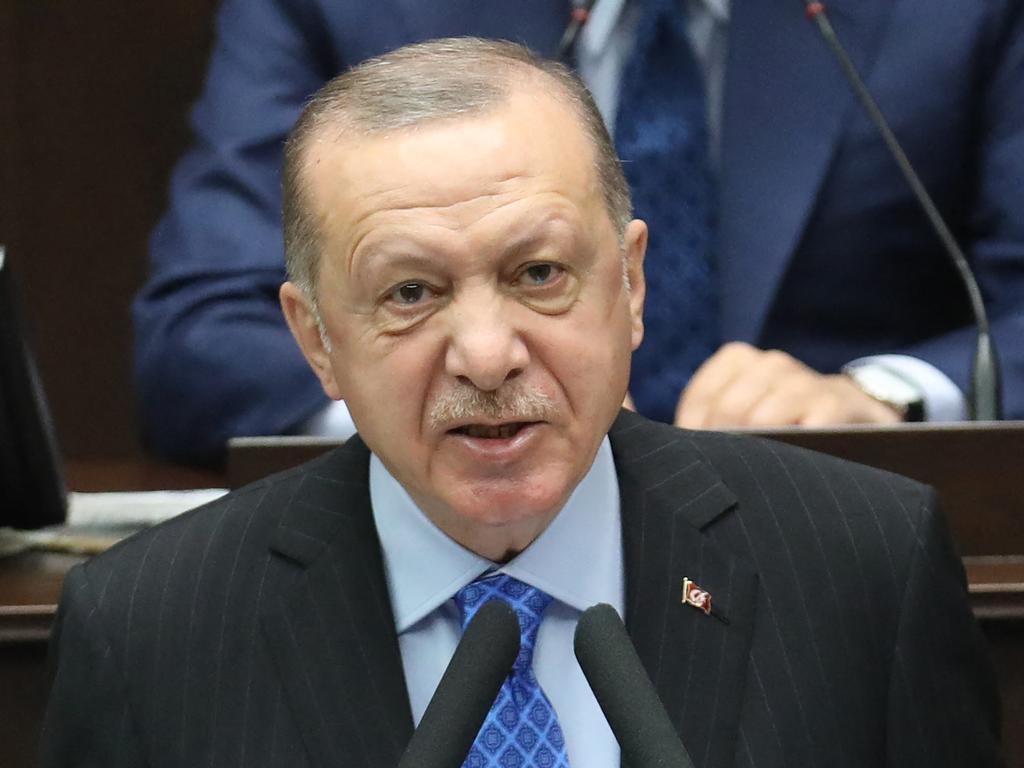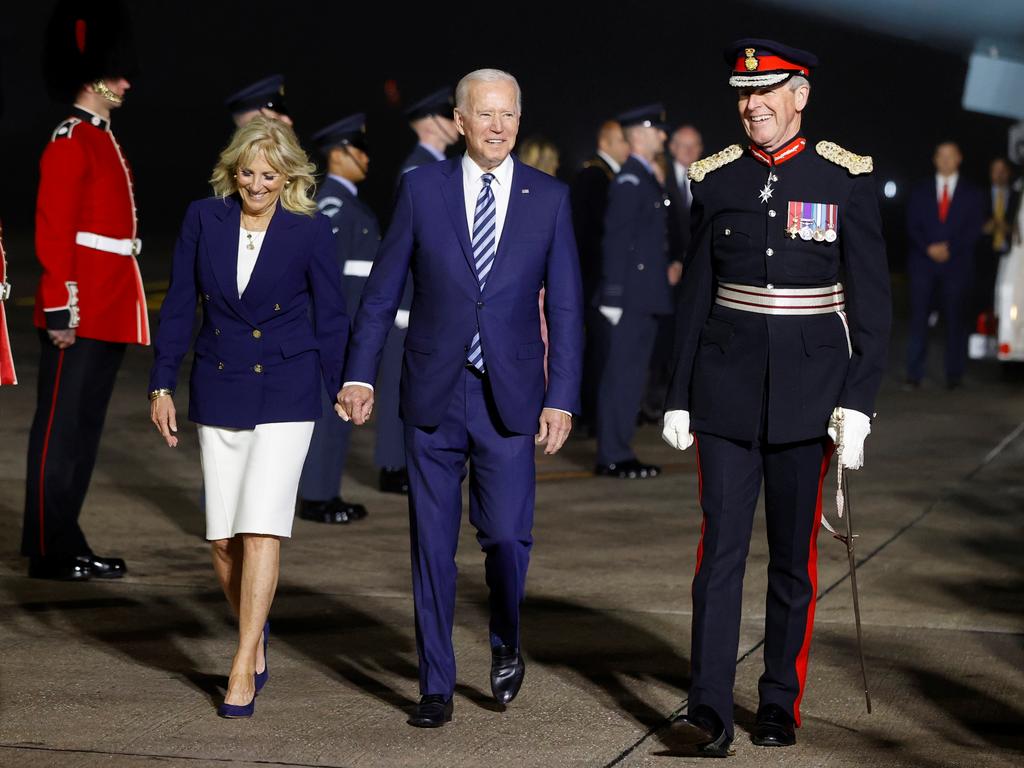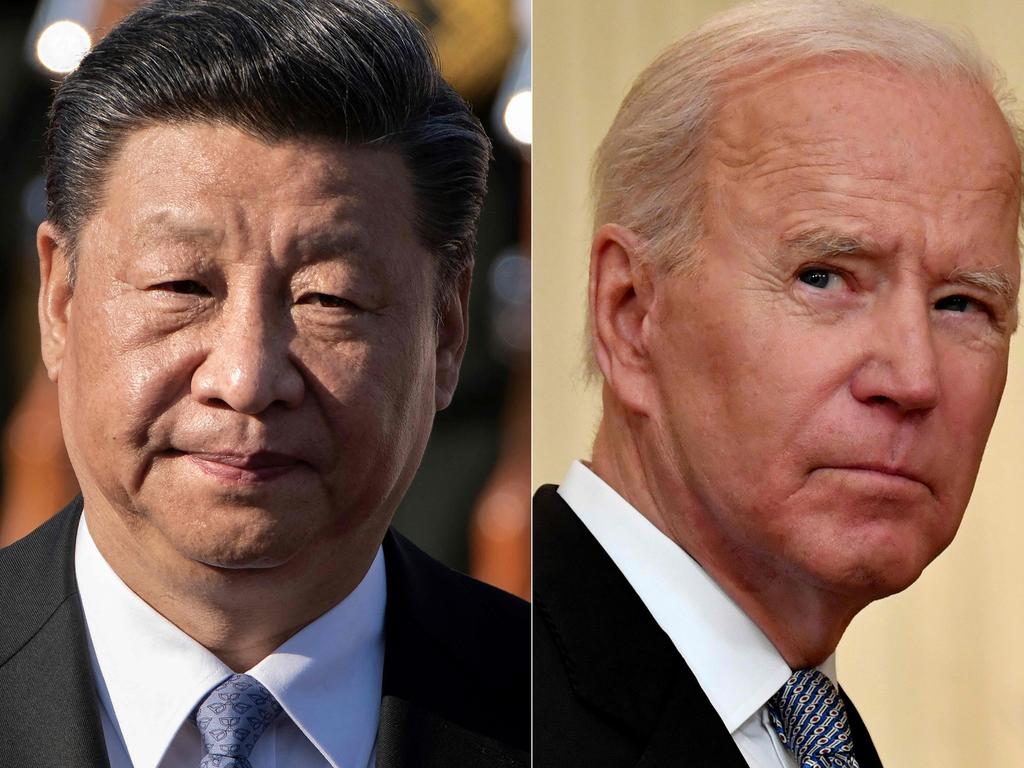
The democracies of the world are crying out for leadership after a tumultuous decade and a half of economic crises and division within and among themselves.
Even the most hardened Trump supporter couldn’t say the former president, an “America First” unilateralist, did much to forge a common front of free nations against authoritarian China and Russia.
At the first in-person G7 meeting in Cornwall, Biden needs to send a strong signal to the rest of the world – and especially an increasingly belligerent Beijing and Moscow – that the West is still strong and capable of uniting against common threats.
The US, and Australia too, needs the G7 to condemn Chinese aggression in the Taiwanese strait, sending a message to Beijing that disruptions to the “peace and stability” in the Pacific won’t be tolerated. The G7 also needs to condemn cyber attacks ahead of the US President’s meeting with Russia’s Vladimir Putin in Geneva early next week.
The “new” G7, having kicked out a duplicitous Russia in 2014, looks conspicuously like a freedom bloc of democracies standing in opposition to China, whose aggression has rattled the globe.
And that’s what it should be. The invitation of Australia, South Korea and India, three strong democracies in the Indo-Pacific, as guest attendees, courtesy of host Boris Johnson, should be a prelude to the transformation of the G7 into the G10 or perhaps D10 – a more powerful grouping of the world’s leading democracies.
The G20 was on track to make the G7 obsolete; China has given it a new lease on life.
“The US administration is trying to change China’s assumptions (and prove) that in spite of all the negatives in recent years, the US remains a very powerful country with powerful allies and a very powerful military,” said Mike Green, a foreign-policy analyst at the Centre for Strategic and International Studies in Washington.
Biden’s aides will be anxious about the gaffe-prone US leader’s performance in Europe.
The White House has permitted only one presidential press conference in almost five months. Apart from the Japanese Prime Minister, who visited Washington in May, the G7 meeting will be a chance for the other attendees to assess face-to-face the President’s mental acuity.
“Because of the real hunger for US leadership there will be some accommodation for anything that might be less than perfect from the President,” said Lisa Curtis, a senior fellow at the Centre for New American Security.
Whatever the G7 meeting produces, it must evince a show of strength to China’s President Xi Jinping, who the US’s top Asia adviser Kurt Campbell said this week was more akin to an absolutist dictator with a “smaller and smaller group of advisers”.
“Increasingly, he has taken steps to put himself as the central leadership figure who makes almost all the decisions,” he said.
China’s dramatic rise, economically and militarily, has understandably attracted a lot of attention. But the G7, however anachronistic its origins, remains far more powerful on both counts. Its members’ combined GDP, for instance, is more than twice as large, not to mention its technological superiority.
This weekend, Biden, tacitly, needs to remind China and the world of those facts.







Joe Biden can’t afford to fumble his first overseas trip since becoming US President – no falling upstairs, no gibberish in speeches, or forgetting the names of other world leaders.